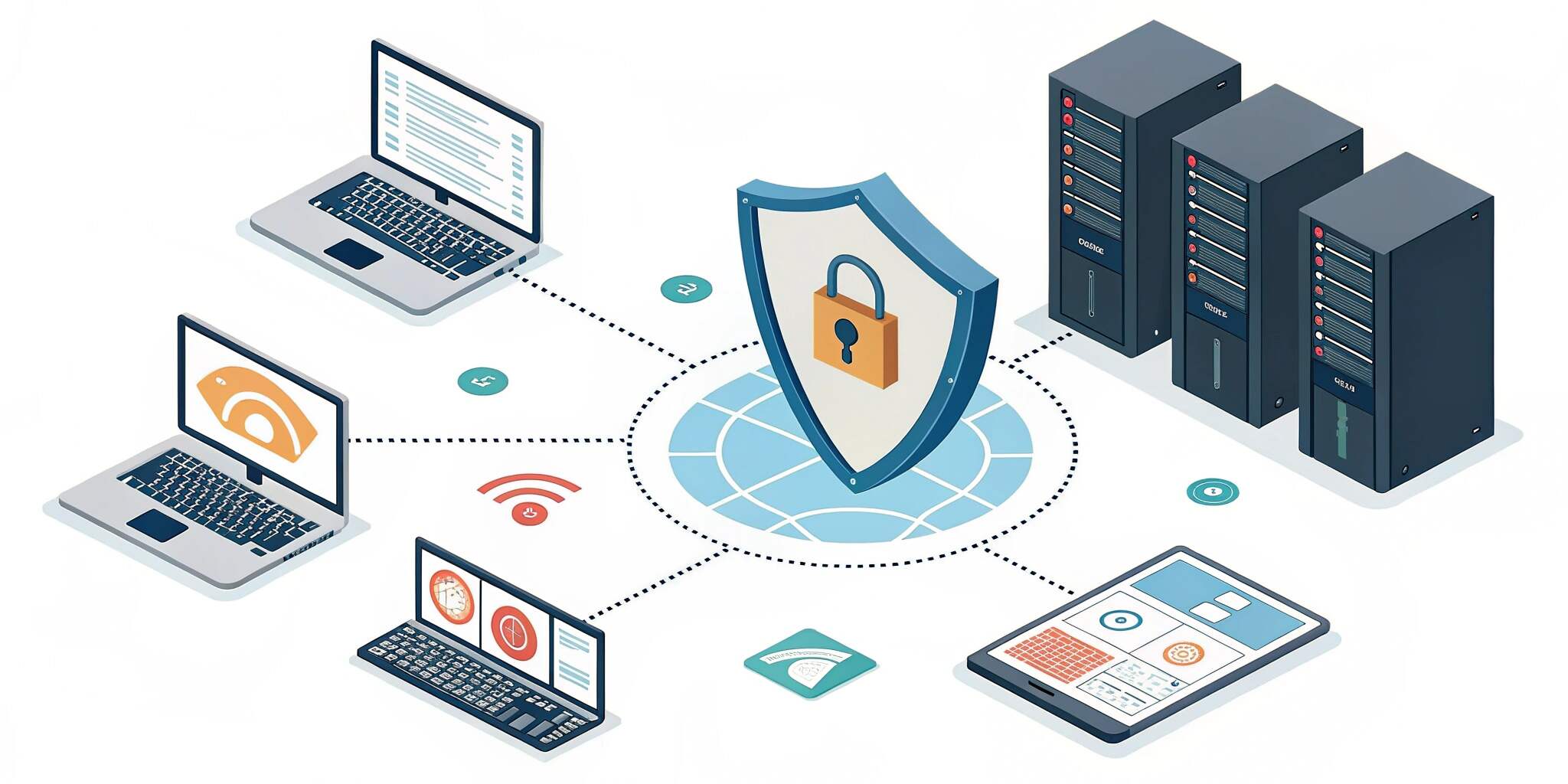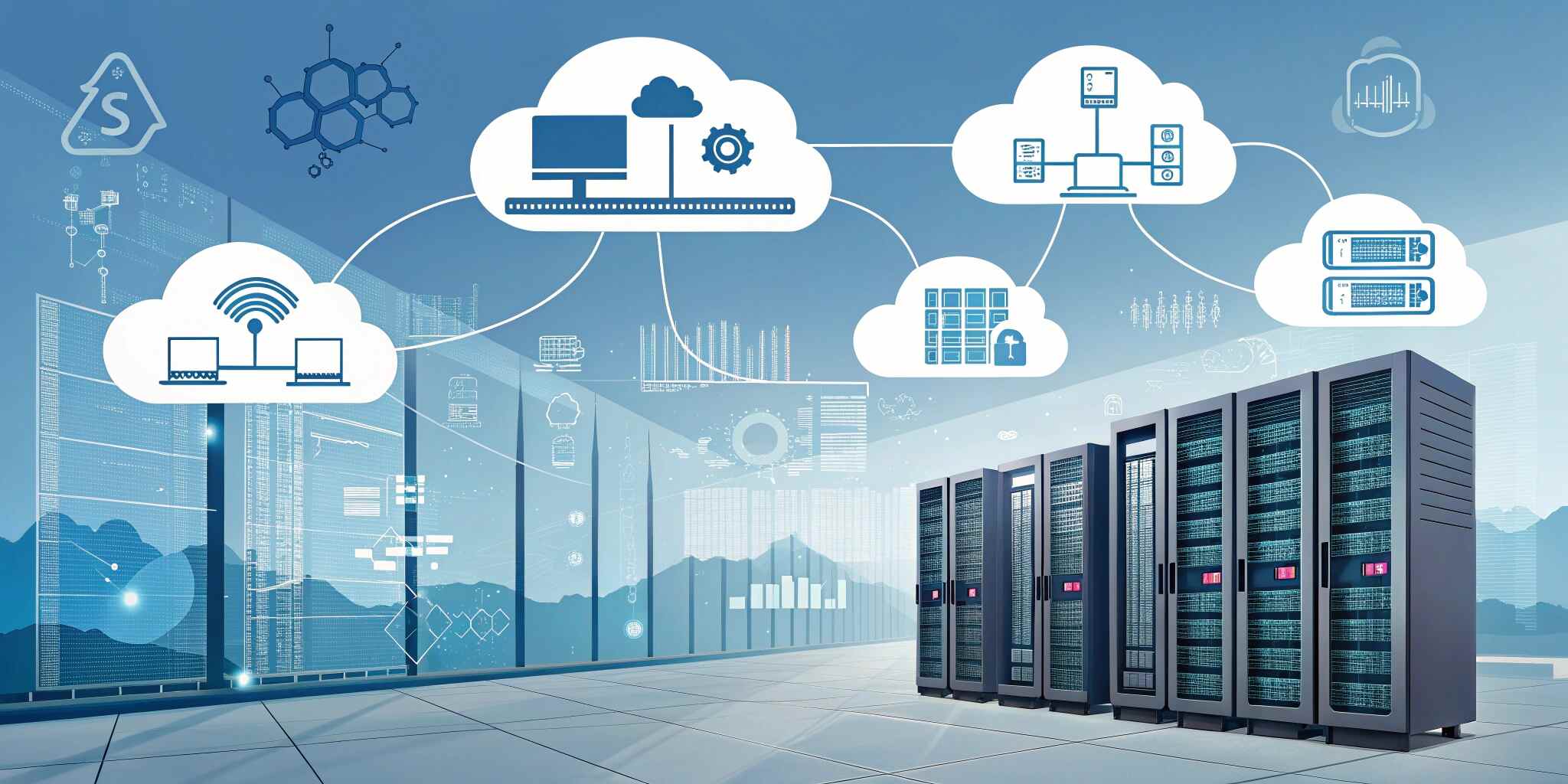In today’s digital-first world, endpoints such as laptops, mobile devices, and servers are the frontline targets for cyberattacks. With the rise of remote work, cloud adoption, and bring-your-own-device (BYOD) policies, securing endpoints has become more critical than ever. Endpoint security refers to the protection of end-user devices from threats like malware, ransomware, phishing, and unauthorized access. Without robust endpoint protection, organizations risk data breaches, financial losses, and reputational damage.
Why Endpoint Security Matters
Endpoints are gateways to organizational networks, often storing sensitive data or serving as access points to critical systems. Attackers exploit these devices through weak passwords, outdated software, or malicious downloads. By compromising a single endpoint, cybercriminals can infiltrate entire networks.
Key Components of Endpoint Security
- Antivirus and Anti-Malware Solutions: Basic but essential tools for detecting and removing malicious software.
- Encryption: Ensures sensitive data on devices remains protected, even if stolen.
- Firewall Protection: Prevents unauthorized access to or from private networks.
- Multi-Factor Authentication (MFA): Adds an extra layer of protection to user logins.
- Endpoint Detection and Response (EDR): Advanced tools that monitor, detect, and respond to suspicious activities.
- Mobile Device Management (MDM): Helps organizations enforce security policies on smartphones and tablets.
Protecting Laptops
Laptops are highly vulnerable due to their portability. Implementing strong password policies, using VPNs for secure connections, and keeping operating systems updated are crucial steps. Organizations should also enable full-disk encryption to protect data in case of theft or loss.
Securing Mobile Devices
Smartphones and tablets often hold sensitive personal and business information. Enforcing app restrictions, remote wipe capabilities, and biometric authentication (fingerprint or face ID) adds an extra shield. Regular OS and app updates are equally important to close security loopholes.
Server Security Measures
Servers are the backbone of IT infrastructure. To safeguard them, businesses should regularly patch software, restrict administrative access, and monitor network traffic. Implementing intrusion detection systems (IDS) and robust backup strategies ensures data availability and integrity even during cyber incidents.
Best Practices for Endpoint Security
- Conduct regular employee training on phishing awareness.
- Use centralized security management systems.
- Enforce strong password and authentication policies.
- Continuously monitor for unusual behavior and threats.
- Implement zero-trust security models where every user and device must be verified.
Conclusion
Endpoint security is no longer optional—it is a necessity for both individuals and organizations. By protecting laptops, mobiles, and servers with advanced tools and proactive policies, businesses can minimize risks and strengthen their overall cybersecurity posture. Investing in comprehensive endpoint security today ensures long-term resilience against evolving cyber threats.


